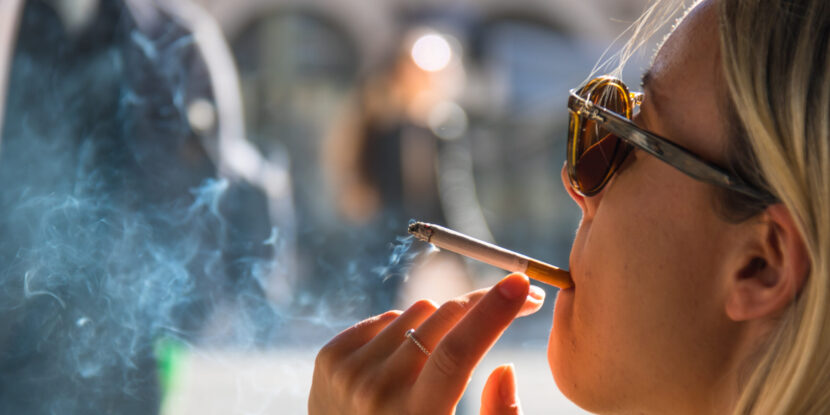PULSE POINTS:
❓What Happened: Smoking in most outdoor spaces will be banned in France starting July 1, 2025.
👥 Who’s Involved: French citizens, tourists, children, the French government, and Minister of Labour, Health, Solidarity, and Families, Catherine Vautrin.
📍 Where & When: The ban was announced in the French press on Thursday, May 29, 2025 and will take effect on July 1, 2025.
💬 Key Quote: “Tobacco must disappear where there are children, the freedom to smoke must end where the freedom of children to breathe fresh air begins,” said Catherine Vautrin, France’s Minister of Labour, Health, Solidarity, and Families, in an interview on May 29, 2025.
⚠️ Impact: Almost a third of France’s population is believed to be regular smokers. Violators of the new ban will face a €135 ($153) fine.
IN FULL:
France will ban the smoking of tobacco in outdoor spaces where there are children present starting on July 1, 2025. These locations include public parks, beaches, public gardens, outdoor areas near schools, bus stops, and sports venues. However, the outdoor areas of bars and cafes, will be exempt from the smoking restrictions.
In 2023, it was estimated that nearly 30 percent of the French population were regular smokers, equating to about 14.5 million people in the country with a total population of 68.29 million. Violators of the new ban will face a significant financial penalty, with the fine set at €135 ($153). Notably, electronic cigarettes and other vaping products are exempt from the ban, though French officials have indicated they will soon announce legal limits for the amount of nicotine these devices can contain.
“Tobacco must disappear where there are children,” France’s Minister of Labour, Health, Solidarity, and Families, Catherine Vautrin, said in an interview in French media on Thursday. She added: “The freedom to smoke must end where the freedom of children to breathe fresh air begins.”
In 2007, France implemented a ban on indoor smoking in workplaces, entertainment venues, bars, and restaurants, among other locations. While self-reported compliance suggests the ban has largely been obeyed, actual observance of the law, especially in the country’s many dining and drinking establishments, appears to be less strict.





















